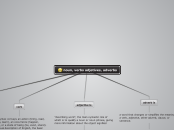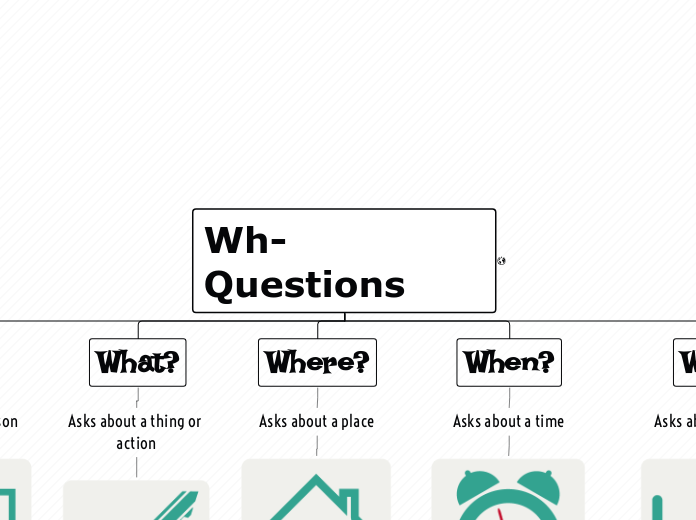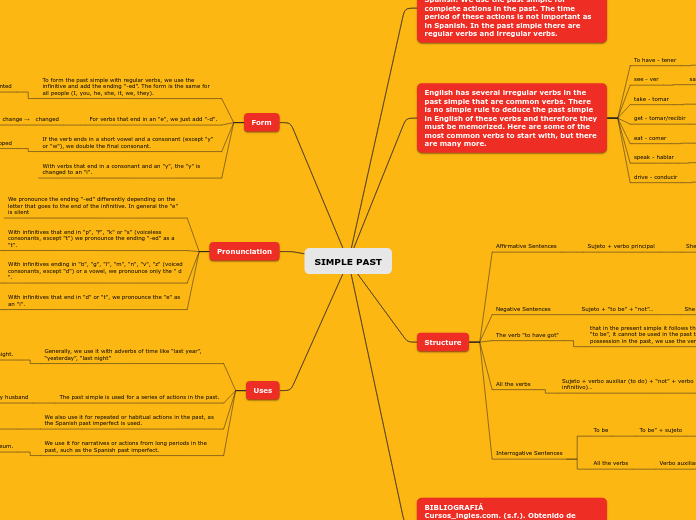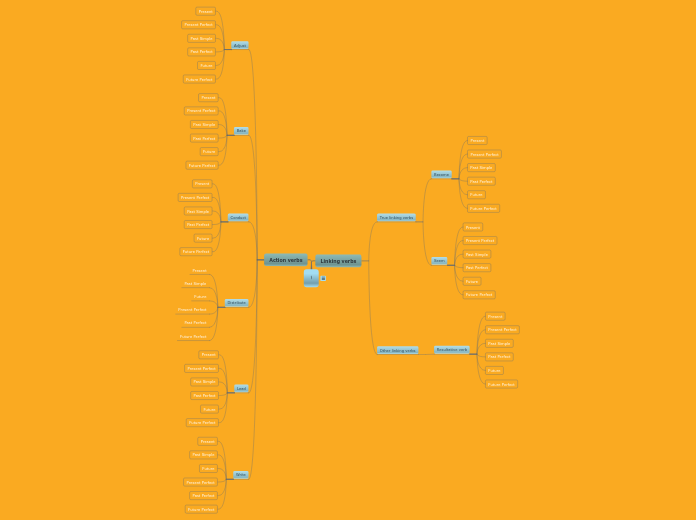noun, verbs adjetives, adverbs
adverb is
a word that changes or simplifies the meaning of a verb, adjective, other adverb, clause, or sentence.
Uses
Adverbs are words like slowly, now, soon, and suddenly. An adverb usually modifies a verb or a verb phrase.
adjective is
"describing word", the main syntactic role of which is to qualify a noun or noun phrase, giving more information about the object signified
Adjectival phrases
An adjective acts as the head of an adjectival phrase. In the simplest case, an adjectival phrase consists solely of the adjective; more complex adjectival phrases may contain one or more adverbs modifying the adjective
verb
that in syntax conveys an action (bring, read, walk, run, learn), an occurrence (happen, become), or a state of being (be, exist, stand). In the usual description of English, the basic form, with or without the particle to, is the infinitive. In many languages, verbs are inflected (modified in form) to encode tense, aspect, mood, and voice
Verb types
Transitive verbs
A transitive verb is followed by a noun or noun phrase
Linking verbs
A linking verb cannot be followed by an adverb or end a sentence but instead must be followed by a noun or adjective, whether in a single word or phrase.
To be verbs
he verb be is manifested in eight forms: be, is, am, are, was, were, been, and being.
Intransitive verbs
An intransitive verb is one that does not have a direct object. Intransitive verbs may be followed by an adverb (a word that addresses how, where, when, and how often) or end a sentence
noun is
a word that functions as the name of some specific thing or set of things, such as living creatures, objects, places, actions, qualities, states of existence, or ideas.
Definitions of nouns
Nouns have sometimes been defined in terms of the grammatical categories to which they are subject (classed by gender, inflected for case and number). Such definitions tend to be language-specific, since nouns do not have the same categories in all languages.









